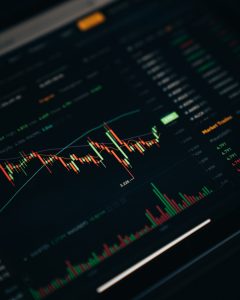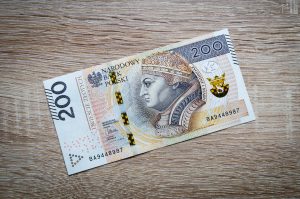When it comes to trading forex, one of the most important factors to consider is the spread. The spread is the difference between the bid price and the ask price of a currency pair, and it represents the compensation that the broker receives for facilitating the trade. A good spread number in forex is one that is low and consistent, as this can help traders to maximize their profits and minimize their losses. In this article, we will explore what a good spread number is in forex and why it matters.
What is a spread in forex?
Before we dive into what a good spread number is, let’s first define what a spread is in forex. As mentioned earlier, the spread is the difference between the bid price and the ask price of a currency pair. The bid price is the price at which a trader can sell a currency, while the ask price is the price at which a trader can buy a currency. The difference between these two prices is what the broker charges for facilitating the trade.
For example, let’s say the bid price for EUR/USD is 1.1200 and the ask price is 1.1205. The difference between these two prices is 0.0005 or 5 pips, which represents the spread. This means that in order for a trader to enter a long position on EUR/USD, they would have to buy the currency at the ask price of 1.1205, which is higher than the bid price of 1.1200. This difference of 5 pips represents the broker’s compensation for facilitating the trade.
Why does the spread matter in forex?
The spread is an important factor to consider when trading forex because it affects the profitability of a trade. A wider spread means that the trader has to pay more to enter a position, which can eat into their profits. On the other hand, a narrower spread means that the trader has to pay less to enter a position, which can increase their profits.
For example, let’s say a trader enters a long position on EUR/USD with a lot size of 100,000 units. If the spread is 5 pips, the trader would have to pay $5 in spread costs to enter the position (assuming a spread of $0.0001 per pip). If the trade moves in the trader’s favor and they close the position at a profit of 50 pips, they would make a profit of $500. However, if the spread was wider at 10 pips, the trader would have to pay $10 in spread costs to enter the position, which would reduce their profit to $400.
Therefore, a good spread number in forex is one that is low and consistent, as this can help traders to maximize their profits and minimize their losses.
What is a good spread number in forex?
A good spread number in forex is one that is low and consistent. The exact spread number will vary depending on the currency pair being traded and the broker being used, but as a general rule of thumb, a spread of 1-2 pips for major currency pairs (such as EUR/USD, USD/JPY, and GBP/USD) is considered good. For less liquid currency pairs, the spread may be wider, but it should still be consistent.
It’s important to note that some brokers may offer variable spreads, which means that the spread can fluctuate depending on market conditions. While variable spreads may be lower during times of low market volatility, they can widen significantly during times of high market volatility, which can increase trading costs. Therefore, traders should look for brokers that offer tight and consistent spreads, even during times of high market volatility.
In addition to the spread number, traders should also consider other factors when choosing a broker, such as the broker’s reputation, regulation, and trading platform. A reputable broker that is regulated by a reputable authority can provide traders with peace of mind and ensure that their funds are safe. A user-friendly trading platform with advanced charting and analysis tools can also help traders to make informed trading decisions.
Conclusion
In conclusion, a good spread number in forex is one that is low and consistent. A narrow spread can help traders to maximize their profits and minimize their losses, while a wide spread can eat into their profits. Traders should look for brokers that offer tight and consistent spreads, even during times of high market volatility. In addition to the spread number, traders should also consider other factors when choosing a broker, such as reputation, regulation, and trading platform.






